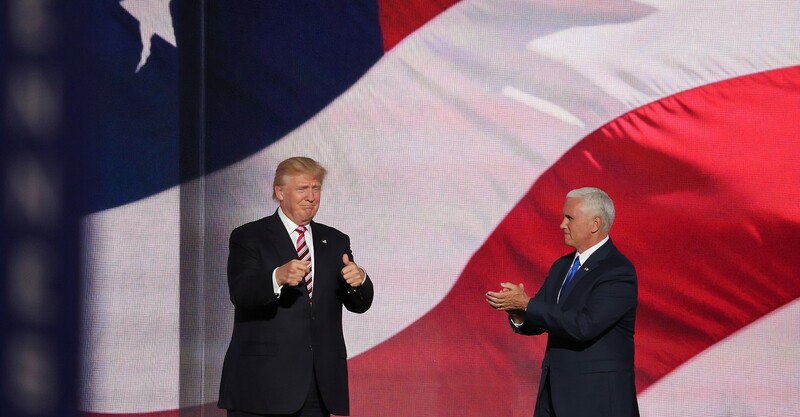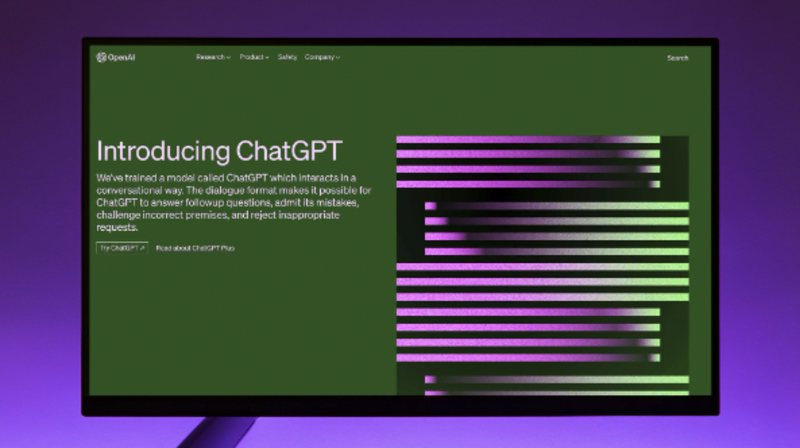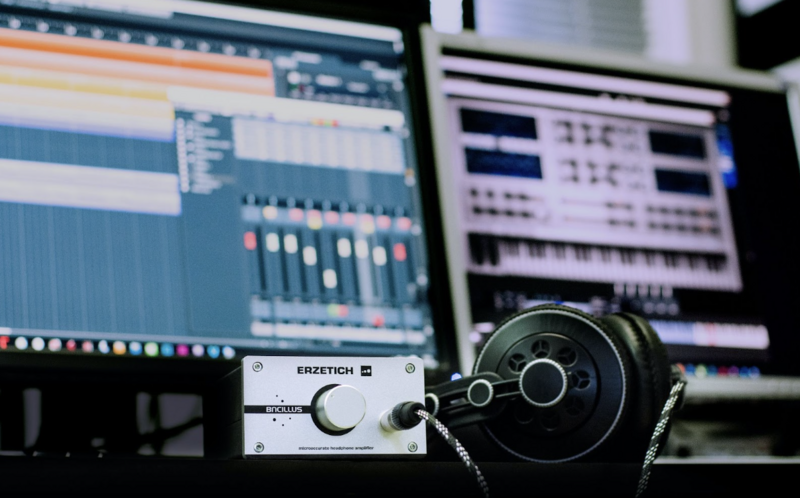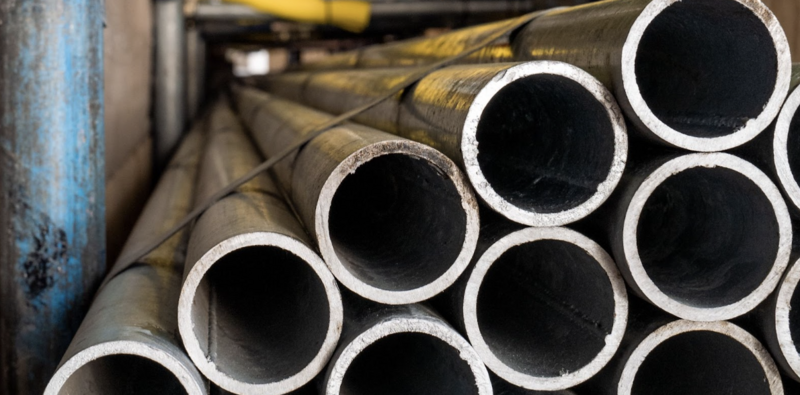We regret to inform you that it’s finally time to talk about Donald Trump’s legal troubles.
What happened: The former US president has been indicted for a fourth time since March of this year, this time for allegedly trying to overturn 2020 election results in Georgia, a state where Joe Biden won the majority vote.


.gif)





.gif)


.gif)

.gif)
.png)




.jpeg)